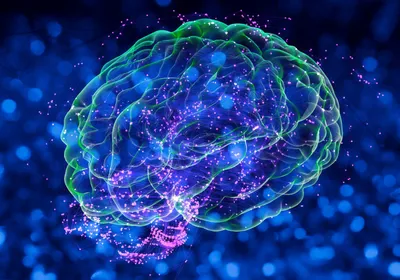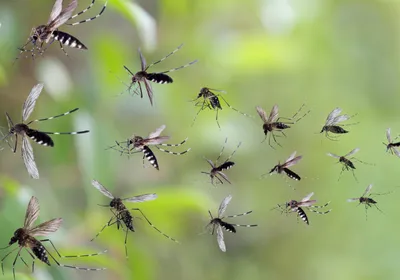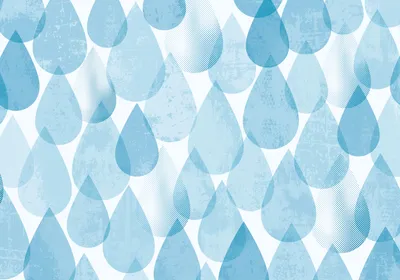ABOVE: © ISTOCK.COM, ANYAIVANOVA
University labs in the US that have been certified to test for the coronavirus and are ready to collaborate with clinics and hospitals are facing regulatory and logistical obstacles to distributing their tests, reports Nature. As a result, some labs are operating at half capacity or less, despite the demands for COVID-19 tests.
Human geneticist Stacey Gabriel of the Broad Institute of MIT and Harvard says that her lab could be analyzing 2,000 tests per day. “But we aren’t doing that many,” she tells Nature. “Yesterday was around 1,000. What is holding us back? That is the question.”
Several academic laboratories, including the Broad Institute, have invested in adapting their facilities so that they can use PCR to test for SARS-CoV-2, rapidly changing their scientific protocols and meeting federal regulations, as it became clear in late February that tests issued by the US Centers for Disease ...




















